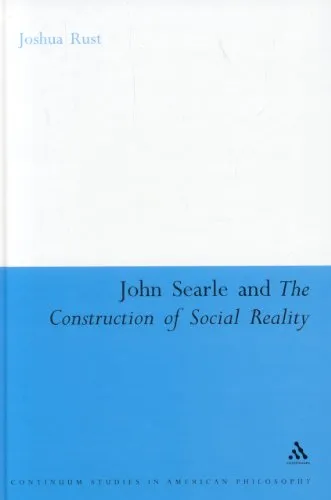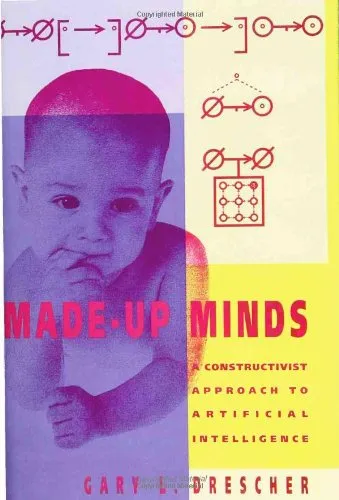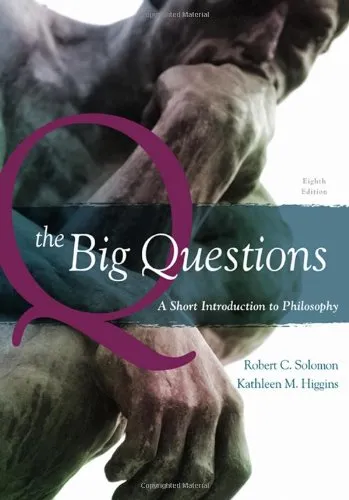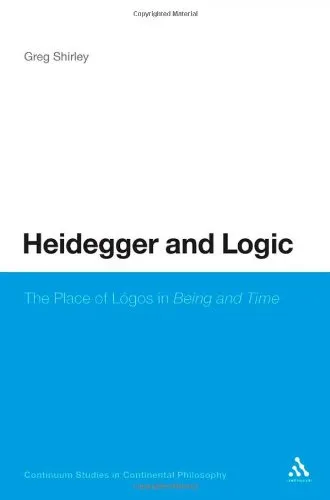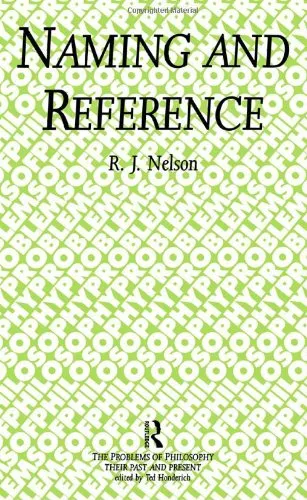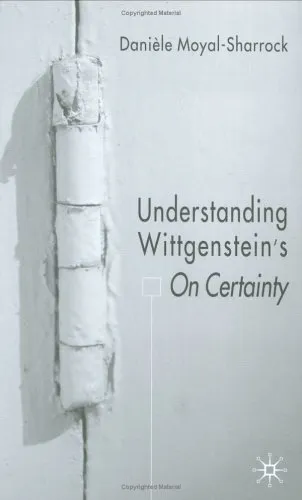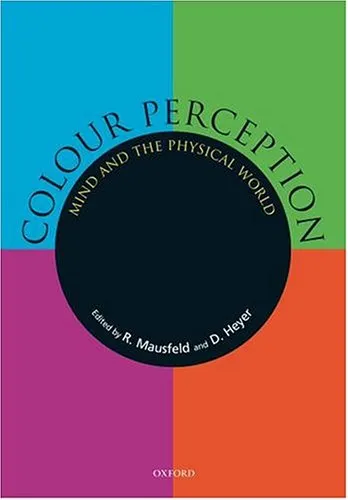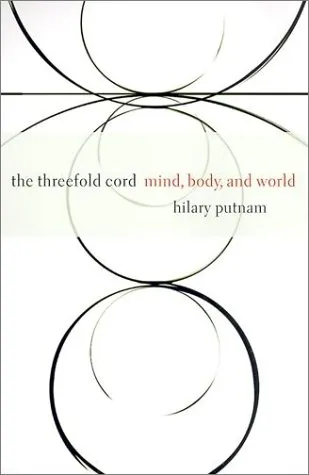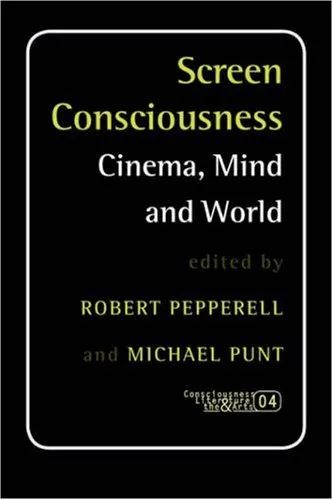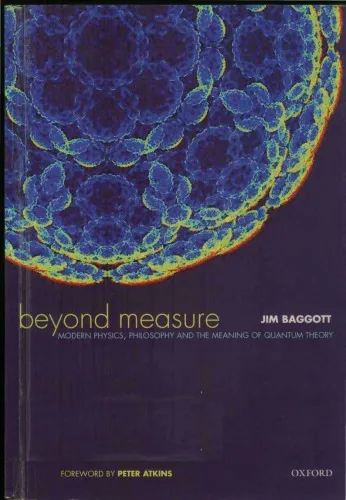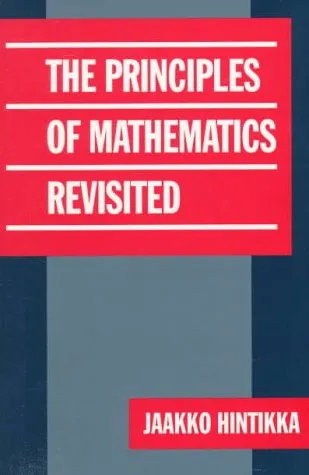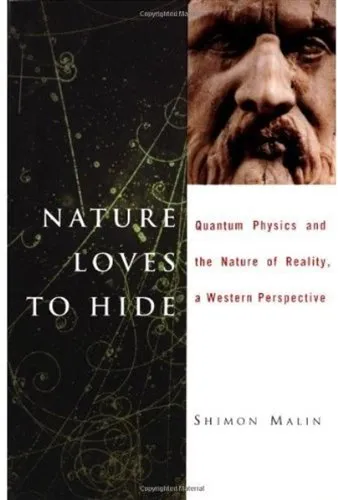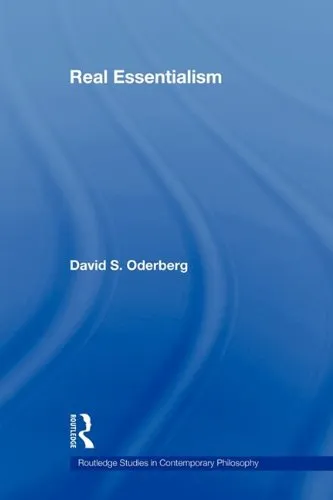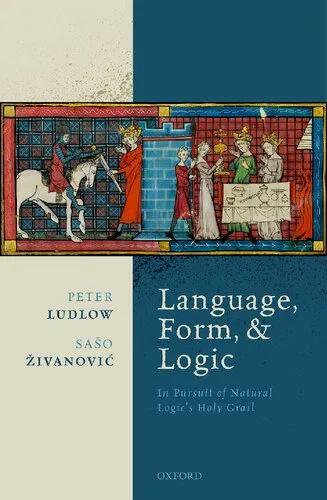John Searle And the Construction of Social Reality (Continuum Studies in American Philosophy)
3.5
Reviews from our users

You Can Ask your questions from this book's AI after Login
Each download or ask from book AI costs 2 points. To earn more free points, please visit the Points Guide Page and complete some valuable actions.Related Refrences:
In 1995 John Searle published The Construction of Social Reality, a text which not only promises to disclose the institutional backdrop against which speech takes place, but initiate a new "philosophy of society." Since then The Construction of Social Reality has been subject to a flurry of criticism. While many of Searle's interlocutors share the sense that the text marks an important breakthrough, he has time and again accused critics of misunderstanding his claims. Despite Searle's characteristic crispness and clarity there remains some confusion, among both philosophers and sociologists, regarding the significance of his proposals. This book traces some of the high points of this dialogue, leveraging Searle's own clarifications to propose a new way of understanding the text. In particular, Joshua Rust looks to Max Weber in suggesting that Searle has articulated an ideal type. In locating The Construction of Social Reality under the umbrella of one of sociology's founding fathers, this book not only makes Searle's text more accessible to the readers in the social sciences, but presents Max Weber as a thinker worthy of philosophical reconsideration. Moreover, the recharacterization of Searle's claims in terms of the ideal type helps facilitate a comparison between Searle and other social theorists such as Talcott Parsons.
Free Direct Download
You Can Download this book after Login
Accessing books through legal platforms and public libraries not only supports the rights of authors and publishers but also contributes to the sustainability of reading culture. Before downloading, please take a moment to consider these options.
Find this book on other platforms:
WorldCat helps you find books in libraries worldwide.
See ratings, reviews, and discussions on Goodreads.
Find and buy rare or used books on AbeBooks.
1433
بازدید3.5
امتیاز0
نظر98%
رضایتReviews:
3.5
Based on 0 users review
Questions & Answers
Ask questions about this book or help others by answering
No questions yet. Be the first to ask!
